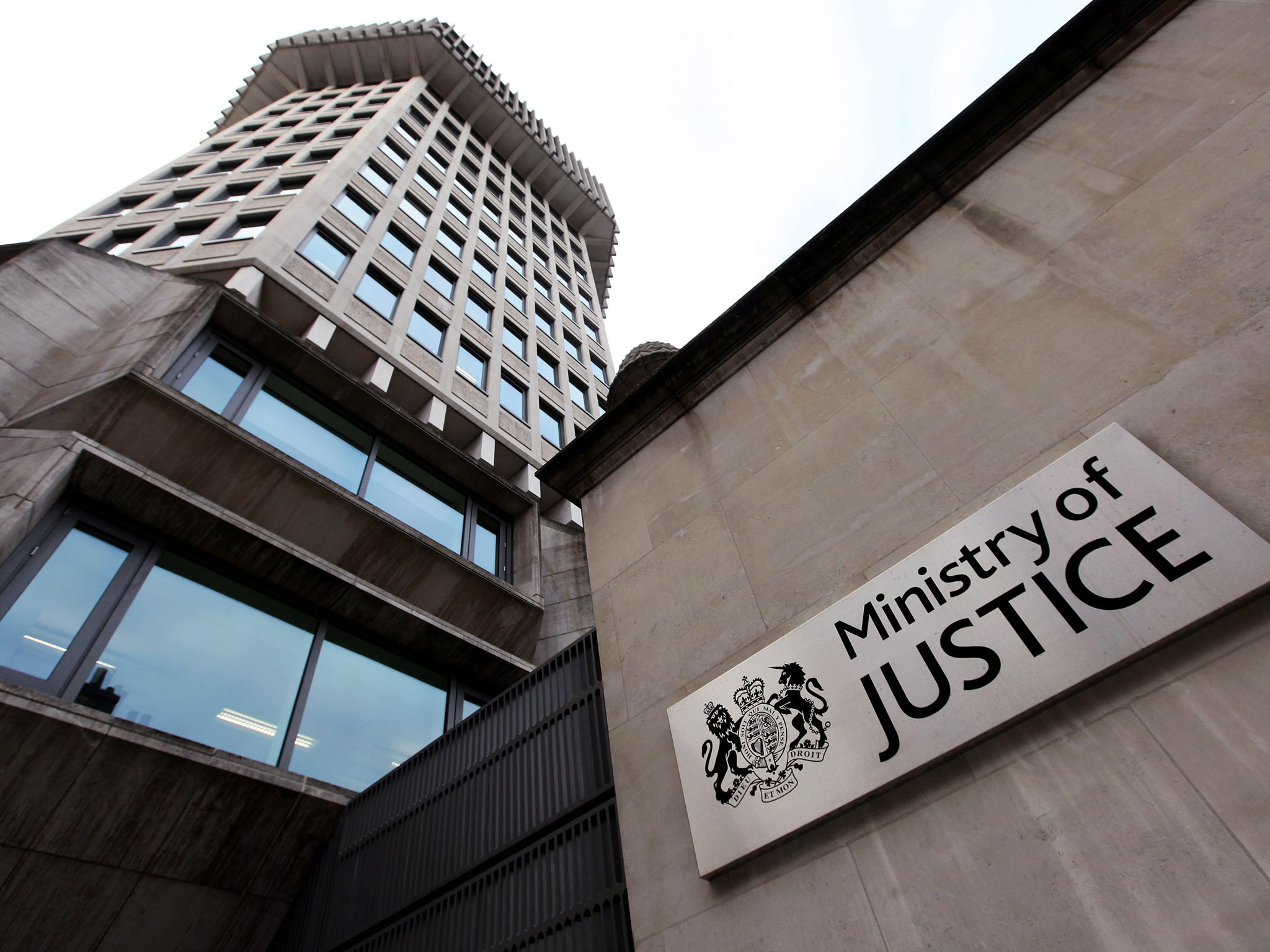Your support helps us to tell the story
From reproductive rights to climate change to Big Tech, The Independent is on the ground when the story is developing. Whether it's investigating the financials of Elon Musk's pro-Trump PAC or producing our latest documentary, 'The A Word', which shines a light on the American women fighting for reproductive rights, we know how important it is to parse out the facts from the messaging.
At such a critical moment in US history, we need reporters on the ground. Your donation allows us to keep sending journalists to speak to both sides of the story.
The Independent is trusted by Americans across the entire political spectrum. And unlike many other quality news outlets, we choose not to lock Americans out of our reporting and analysis with paywalls. We believe quality journalism should be available to everyone, paid for by those who can afford it.
Your support makes all the difference.The speech that the Justice Secretary, Michael Gove, gave to last week’s Conservative annual conference was extraordinary, considering the setting. It is not many years since representatives habitually barracked and jeered any speaker who thought that there were ways to deal with offenders other than locking them up and throwing away the key. Mr Gove succeeded in putting forward a humane argument about the treatment of criminals, which included acknowledging that the majority are drawn from disturbed or disadvantaged social backgrounds, and the importance of allowing an offender a second chance.
But while he talks intelligently about people who have committed crimes serious enough to warrant imprisonment, he is presiding over a system for punishing minor offenders that is so harsh, arbitrary and unfair that it has provoked almost unanimous opposition from the people whose responsibility it is to decide what constitutes fair punishment for a minor offences – the magistrates.
This is the rule that anyone who pleads guilty to any offence in a magistrates’ court, regardless of how minor the offence was, and regardless of their ability to pay, must pay £150 towards the cost of maintaining the court, with higher charges, up to £1,000, for those who plead not guilty but are convicted.
Magistrates have discretion over the fines they impose, and the orders they make to compensate victims or impose contributions towards prosecution costs, but the £150 court charge is a rigid and universal penalty, which they are not allowed to vary. One unintended consequence is that victims who ought to be compensated are likely to lose out because that court charge is all that an offender can reasonably be ordered to pay.
Though the principle that part of the cost of the court system should be transferred from the taxpayer to the offender is not a bad one, the rigidity of the fixed court charge makes it grossly unjust, because so many of the people who appear before magistrates are from the poorest sections of society. They are people for whom £150 is way beyond their means.
Magistrates know that they are inflicting a penalty that is out of all proportion to the offence, but they have no choice if they want to continue to serve on the bench. Many have resigned. Nigel Allcoat, a Leicester magistrate who faced having to tell an asylum-seeker to pay £180 court costs or go to prison – although asylum-seekers are not allowed to take paid work – reached into his own pocket to contribute £40, and resigned after being suspended.
It is not surprising that magistrates object to this absurd and unjust charge, but the extent of the opposition, revealed in a poll conducted by the Magistrates’ Association, is extraordinary. While only a minority – 42 per cent – thought the court charge should be scrapped altogether, no fewer than 93 per cent of those polled thought that the £150 charge was not reasonable or proportionate, and 84 per cent thought it should be means tested.
Mr Gove is not to blame for this situation. It was not his idea, it was a wheeze he inherited from his dire predecessor, Chris Grayling. During his brief time in his present job, Mr Gove has promised to be an enlightened and reforming Justice Secretary. One of his first reforms should be either to change the rules for imposing court charges to allow magistrates to make the penalty fit the crime, or just abolish them outright.

Join our commenting forum
Join thought-provoking conversations, follow other Independent readers and see their replies
Comments